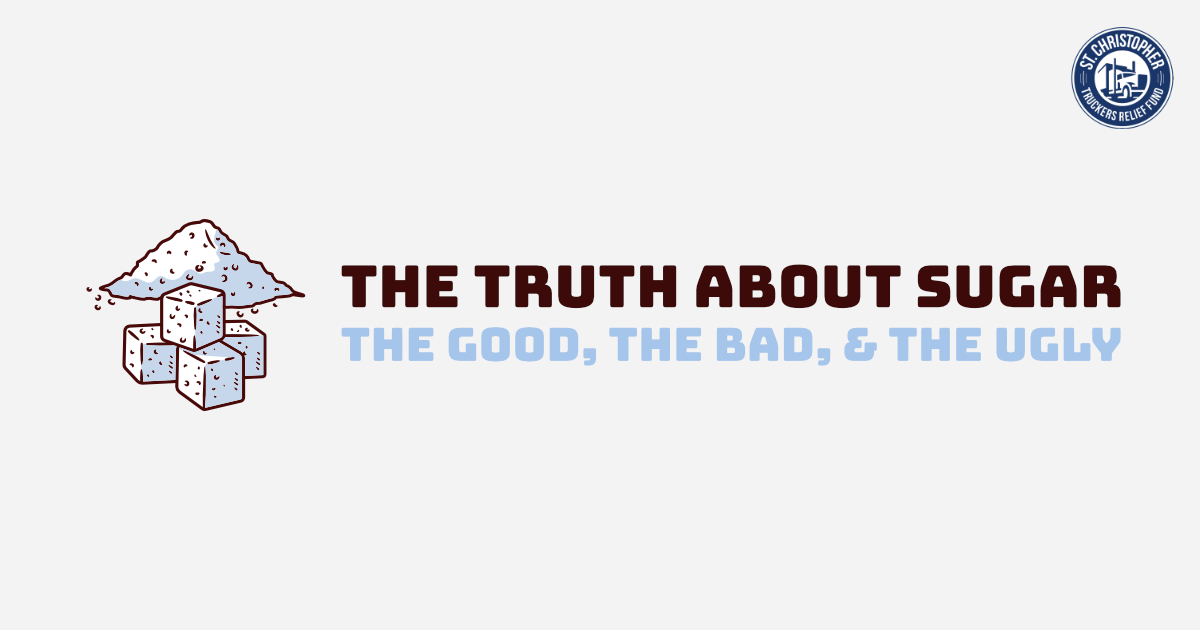
What’s the truth about sugar? Is it truly bad for you? If the answer is yes, then just how bad is it? In this article we will discuss what is sugar, the addictiveness of it, how it affects the body, and some alternatives to regular sugar.
Most sugar is derived from processing the sap of seeded plants. Much of it has been refined (the good stuff stripped away), as well as processed. Granulated sugar, aka table sugar, is what is added to food and drinks. It has zero nutritional value.
Some studies have shown that sugar can be as addictive as cocaine. Sugar causes the brain to release a hormone called dopamine. Yep, it’s the same hormone that we release when we get our heart rates up during exercise. It’s the ‘feel good’ hormone. It’s also an instant energy rush. Now, do you see why manufacturers add sugar to so many foods? If it temporarily makes you feel good and gives you some energy, then you will crave that food more, and often. Eventually, you can become addicted to the food! However, the feeling is temporary and the crash from it can make you feel terrible.
Consuming excessive amounts of sugar over an extended period of time can cause chronic inflammation in the body. You may feel it in your joints and muscles, and have to take up physical therapy. Chronic inflammation can also cause balance issues, insulin resistance, lower back pain, dry eyes, fatigue, and brain issues. Chronic inflammation is being studied but has shown to be a contributing factor in Alzheimer’s and other forms of dementia. The Mediterranean Diet, which is low in sugar, has been shown to help with inflammation.
There are some alternatives that can be used in place of sugar that won’t cause a spike in blood sugar levels like regular table sugar. Blue agave nectar, coconut palm sugar, and raw honey are better options but remember, they are still sugars and should be used sparingly. Stevia does not affect blood sugar levels since it isn’t metabolized by the liver. Of these choices, raw honey offers the most nutritional value. It contains vitamins and minerals such as vitamin B and C, zinc, magnesium, and phosphorus. Honey also has antiviral, antibacterial, and anti-fungal properties. So, if you can’t eat it, you can always heal a wound with it. Consuming local honey from the area in which you live can also help with seasonal allergies.
The best way to consume sugars naturally is to get them through your food. Eat whole foods (a.k.a, from the earth) instead of processed or refined foods because they will also contain fiber, vitamins, and minerals. Whole foods helps slow the metabolism of the sugar so that blood levels don’t spike. This is always going to be best for the body.
But, if at all you are opting for processed foods, then you might want to pick dietary supplement foods which are rich in probiotics and can also reduce the sugar levels. For example, Morning Complete, a supplementary drink, can help maintain blood sugar levels along with providing energy and digestive benefits.
Takeaway: Excessive amounts of sugar can lead to chronic inflammation which can have multiple adverse effects on the body. The body needs sugars for energy but it does not need excessive amounts like many Americans tend to eat and drink. To avoid too much sugar, eat whole foods.
Remember, all things in moderation!
Best of Health,
Julie Dillon
Wellness Manager, St. Christopher Fund
